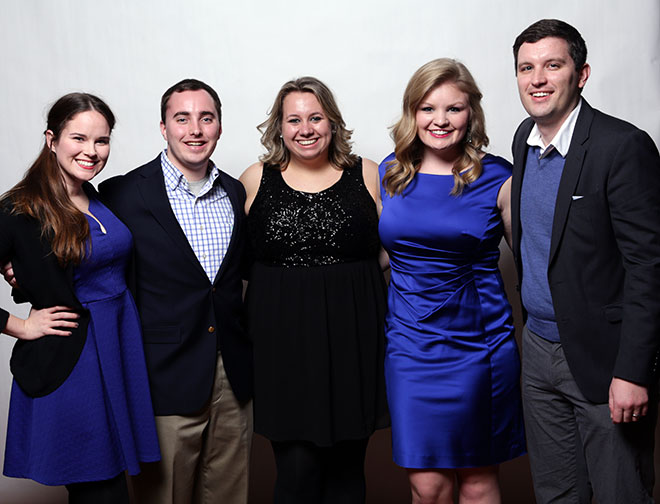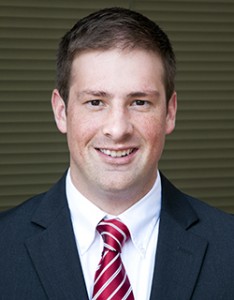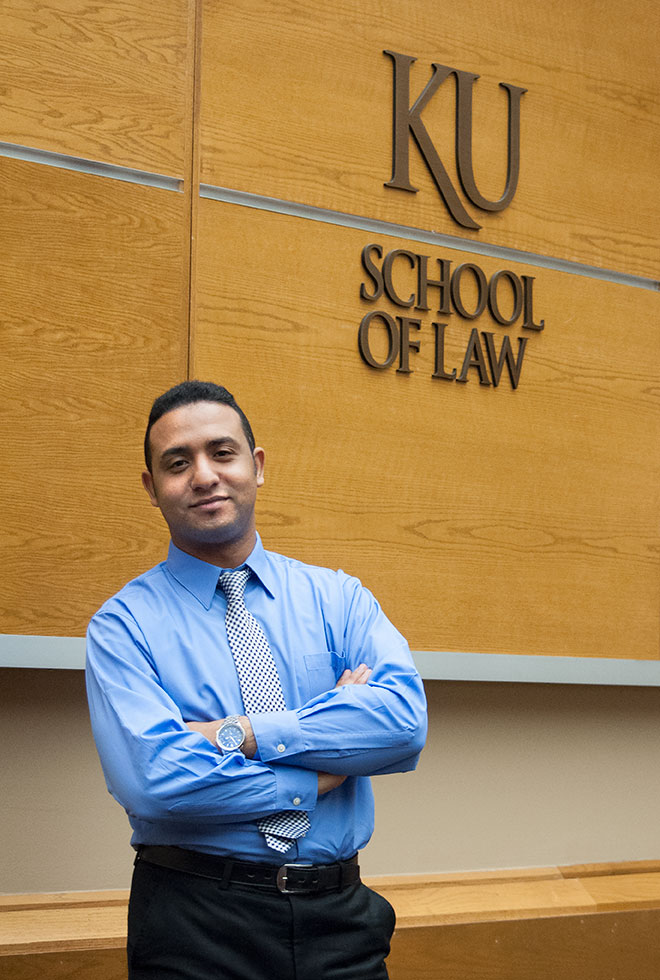
Sometimes I like to pretend that I am no different than any other law student. After all, each of us has particular strengths and challenges that make his or her time in law school unique. However, I suppose I am a bit different because my exceptional circumstances have 4 different names: Francesca, Peter, Bella, and Eden.
Instead of me talking about what it’s like to be a mom in law school, I thought I would ask my kids what it’s like to have their mom be an attorney-in-training.
What do you think your mom learns about each day in law school?
Bella (age 7):
She learns about how you should act in public. And she probably takes a lot of tests.
Eden (age 5):
I think Mom learns about taking care of her kids, and also I think she learns about how to drive a car.
What does a lawyer do?
Bella (age 7):
Goes to court.
Eden (age 5)
I think a lawyer studies. I also think lawyers talk to people.
What has been difficult about having your mom in law school?
Francesca (age 11):
We don’t get to see her as much. But we know that she’s working towards helping us because she will have a good job.
Peter (age 10):
Whenever we get into a fight, Mom talks about court things and what we would do if we were in a court to solve the problem. Why can’t we talk about it like normal?
Bella (age 7):
Mom has to study a lot.
What is cool about your mom being in law school?
Francesca (age 11):
In class when we talk about the law, I can say that my mom is in law school. And we get to learn a little bit more about the law because Mom teaches us.
Peter (age 10):
I’ve learned so many things about the law that I did not know about before. Like the Constitution.
Bella (age 7):
When she does it, it makes her happy and she feels proud of herself.
— Alison Dessert is a 1L and KU Law Student Ambassador from Lawrence, Kansas.













